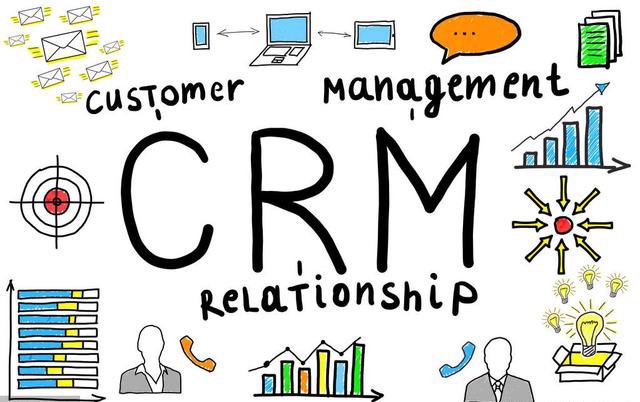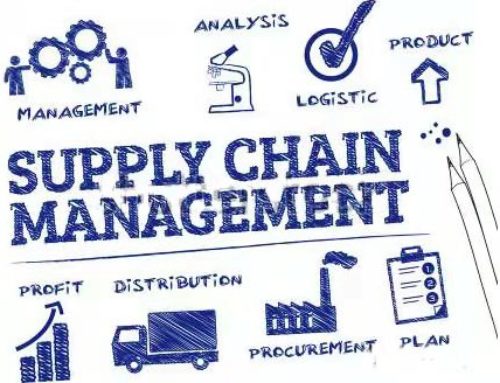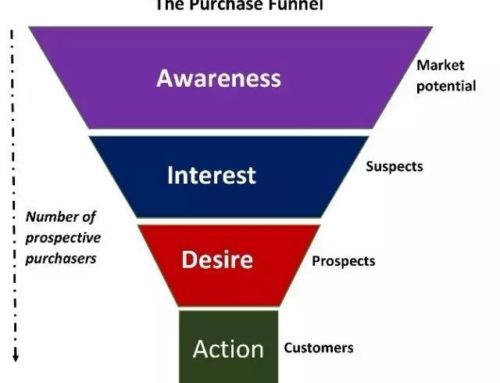Managing expectations might be the single most important aspect to maintaining a healthy and rewarding relationship with your clients.
Here are five steps that you may want to try to follow when managing client expectations:
- Be honest from the get-go.
Let your prospects have your company/product/service information that consistent with objective circumstances. It is important to be frank with your clients about what their expectations should be. Let them know what is achievable and what is not. You will have a healthier relationship with your client in the long run.
At the beginning stage, we also receive background information collection form from prospects, fill in each information correctly.
- Under-promise, over-delivery.
Your client may want you provide products that above your factory’s quality level, or give you a shipment date you can’t meet. Whatever you do, do not promise things that you can not delivery. If you are not sure, don’t promise. Especially at the developing stage, it is a common mistake. This will ruin your reputation. Promise only on things you are confident about delivering and go above and beyond to create exceptional experience. In time delivery is crucial in overseas project. Suppose scheduled delivery time for 500pcs bike share systems kiosks is 20 days, you should tell your client they could be done in 25-30 days and try to delivery within 20 days.

- Anticipate your client’s need before they know their own needs.
You have certain project operation and management experience and familiar about the overseas market situation through cooperation with other clients in the same industry. So in certain situation, there are unexpressed needs, you need to be able to spot them out and turn those into opportunities to surprise and delight your clients.
- Over-communicate. (Weekly report is a good tool here)
We think we hear something. We misremember a conversation. We focus on one sentence in an email and glaze over the rest. We make assumptions.
Here are some tips on how to achieve over-communication.
- Writing a email confirming conversation points on the phone to avoid any missing information.
Before each email, make a clear structure. It takes time for practice, after you are get
- used to it, you will benefit from it.
- During production stage, keep updating status to clients with weekly report.
- Phone call in time for any quality complain.
- Create a detailed plan for all projects.
Even if your client says he doesn’t care how it gets done, as long as it gets the results he wants, you should still make a plan action time line. For each company involving in overseas project, there should be project working flow and time line table, these information should be shared with clients. Let them know clearly what is done at certain time. They would be confident about your company and product.





